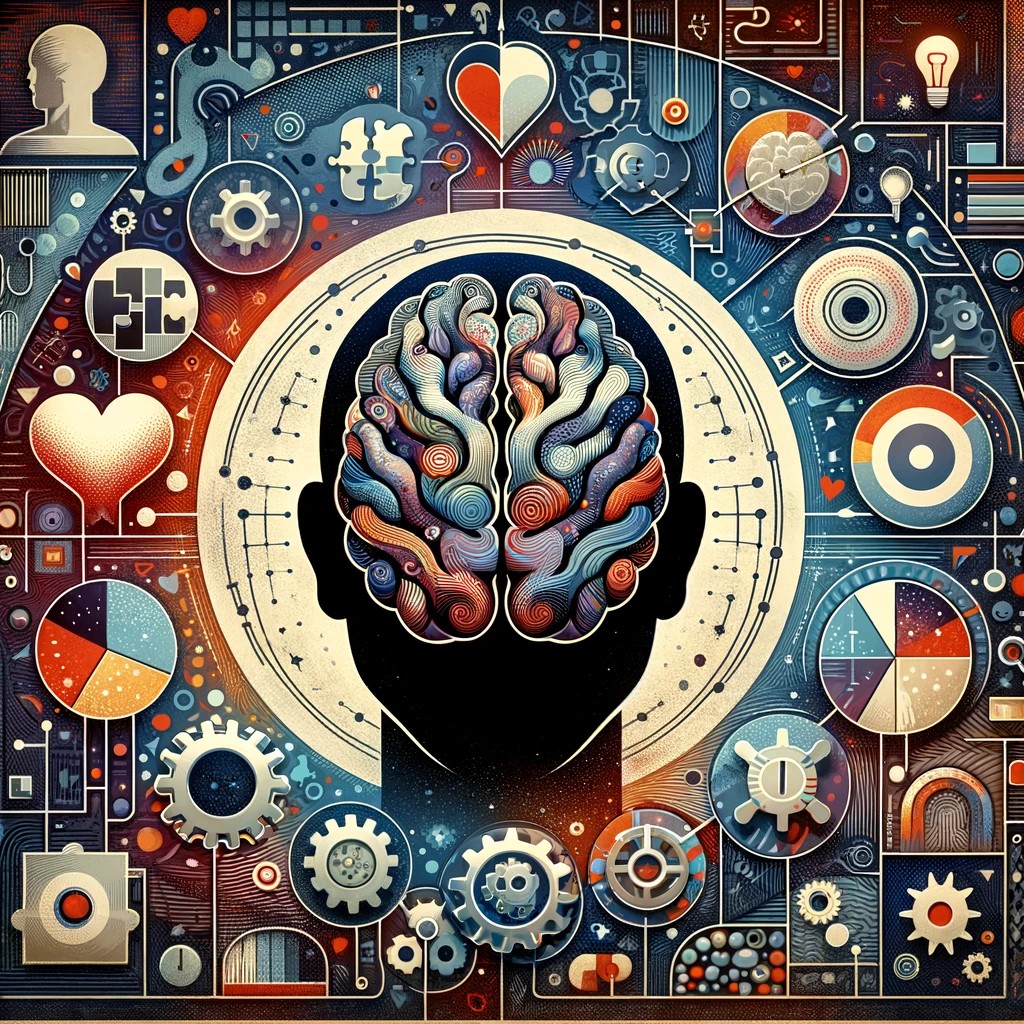Superconsciousness, a term often found in spiritual and metaphysical discourses, refers to a state or level of consciousness that transcends the ordinary, everyday conscious experience. This concept suggests a heightened awareness or understanding that goes beyond the limitations of the individual ego or self. This executive summary explores the notion of superconsciousness, its characteristics, and its implications in various domains. Key Aspects: Definition and Nature of Superconsciousness: Distinction from Ordinary Consciousness: Superconsciousness in Spiritual Traditions: Psychological Perspectives: Superconsciousness and Creativity: Methods of Accessing Superconsciousness: Conclusion: Superconsciousness represents a concept that goes beyond the traditional understanding of human consciousness. It implies a state of expanded awareness and connection, offering deeper insights… Read More
Continue Reading




